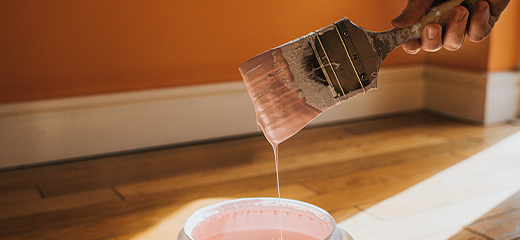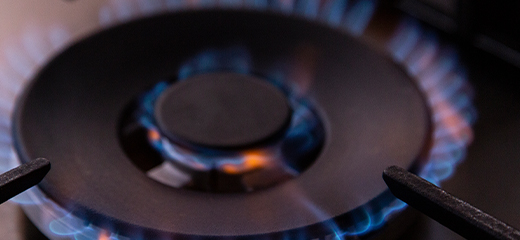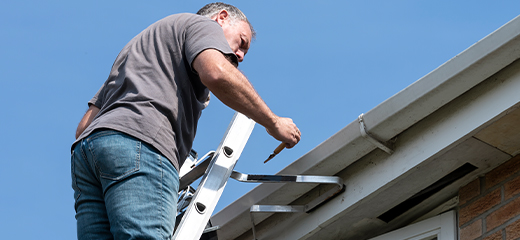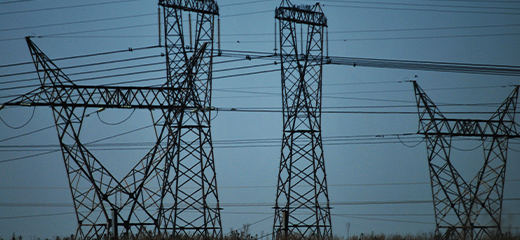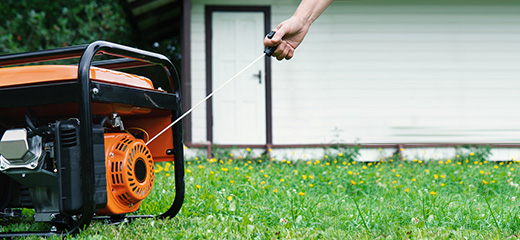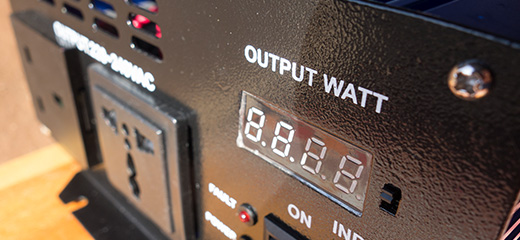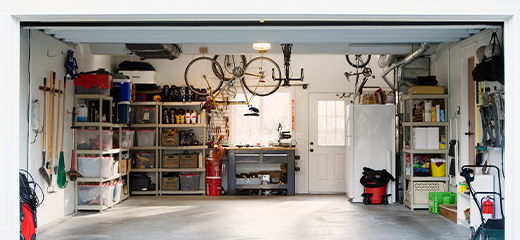
Keep your home safe in the stormy season
Given South Africa's hot climate and water shortages, it's easy to understand why we delight in the smell of rain and the sight of a rainbow gracing the horizon. This delight can quickly turn to despair, however, when the roof starts leaking, or the house gets flooded, or a tree crashes through one of our walls.
Unfortunately, storm-related damage is not as unusual as we would like to think. What's more, many homeowners discover that their insurance policies won't cover the damage because not enough was done to protect the home from storm damage in the first place.
You can avoid these rainy-day headaches with the following quick and easy steps:
- Check your roof
Now is the time to get up on your roof to see whether it is ready to deal with whatever weather conditions come its way. Pay attention to any loose tiles, metal roof rust damage, cracks and holes, and gaps in the waterproofing. Also keep an eye out for any areas where rain may pool and damage the roofing or penetrate the roofing, gathering in the ceiling. - Clear your gutters
You'd be surprised how much clutter gathers in your gutters during the dry seasons, so be sure to regularly check and clear your gutters of debris. Pay particular attention to any blockages in the downpipes and the direction of the outlets as problems in these areas could see your gutters overflowing or areas of your property flooding. While you're up the ladder, take the time to seal and securely fix the gutters to your roof and walls to prevent collapsing and damage to the structure of the house. - Check for mould
Examine your walls and ceilings for evidence of mould as this could be a hazard to your family's health and is a sure sign of water damage or damp. You can purchase mould remover from your local hardware store, but you should call in an expert to diagnose the cause of the mould as this can lead to long-term structural damage. - Prune your trees
Trees are often a feature in storm-related damage and can be particularly hazardous to cars, roofing, walls and windows. Assess the trees on and bordering your property for their health and stability and be sure to remove any dead or hanging branches which could be wrenched free in a thunderstorm. - Raise electronics and cabling
Protect your appliances and electronics from unexpected home flooding by raising cables and devices off the floor. This will also reduce the risk of your home's electrical system being damaged and protect your loved ones from being electrocuted. - Check your insurance policies
Give yourself peace of mind by taking the time to go through the details of your homeowners and household contents insurance policies. Pay particular attention to the policy exclusions as your coverage may be limited if you live in an area that is prone to particular risks such as flash flooding or wildfires. You may also find that you have coverage for power surge damage as a result of lightning strikes or loadshedding.
Sign up to LookSee and discover home improvements that add to your property value, learn how to run your home more efficiently and save money on utilities.
